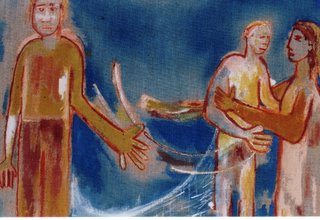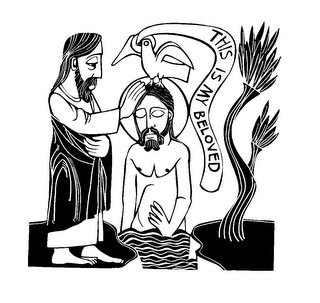House and Senate Pass Budget Bill – But Last Hurdle Remains
In the early hours of the morning on Monday, Dec. 19, the House passed (212 to 206) the budget reconciliation conference report (S. 1932), a final compromise on the legislation. Members of the House were given two hours to read the 774-page bill, which cuts many supports for low-income families such as Medicaid, child support enforcement, and student loan programs.
On Dec. 21, the Senate approved the conference report. Vice President Cheney, president of the Senate, cut short a diplomatic trip to the Middle East to break the 50-50 tie. All Democrats and Independent Jim Jeffords ( Vt.) opposed the bill, as well as five Republicans: Chafee (R.I.), Smith ( Ore.), Collins ( Maine), Snowe ( Maine), and DeWine ( Ohio). But, just prior to the vote, the legislation was changed in a few ways from the conference report the House had passed, removing some provisions that do not affect funding. Therefore, the House must now approve the Senate’s version. A vote is scheduled for February 1, 2006, meaning there is still time to speak out against the bill.
The conference agreement will be harmful to many low-income families:
Medicaid: According to the Congressional Budget Office, increases in Medicaid co-pays and premiums and reduction in benefits will total a gross of $42 billion over 10 years, affecting many families just above the poverty line. None of these changes were included in the Senate bill passed Nov. 3. These cuts could affect all of the 28 million children who receive health care through Medicaid, and many working poor families.
Temporary Assistance for Needy Families: Only anadditional $1 billion is provided for child care funding—$11 billion less than the CBO estimates is needed to cover costs to states for higher work requirements and to ensure current child care funding levels are not scaled back. As a result, some 255,000 fewer children in low-income working families would receive child care.
Federal student loan programs would be cut by $12.7 billion over five years, further reducing the chances of low-income students being able to afford higher education.
Child support enforcement: Funding for these programs is reduced by $1.5 billion over five years and $4.9 billion over 10 years, resulting in nearly twice that amount in support payments going uncollected over that same period, affecting primarily low-income single mothers and their children.
Supplemental Security Income (SSI): Disabled individuals owed back benefits from the government would have to wait an additional year to receive those benefits, including many elderly and low-income people.
One bright spot in the bill is that food stamps are protected. Cuts to this program could have been up to $1 billion, but bipartisan leadership and advocacy efforts helped prevent any cuts.
Sources: The Center on Budget and Policy Priorities www.cbpp.org
The Coalition on Human Needswww.chn.org

















